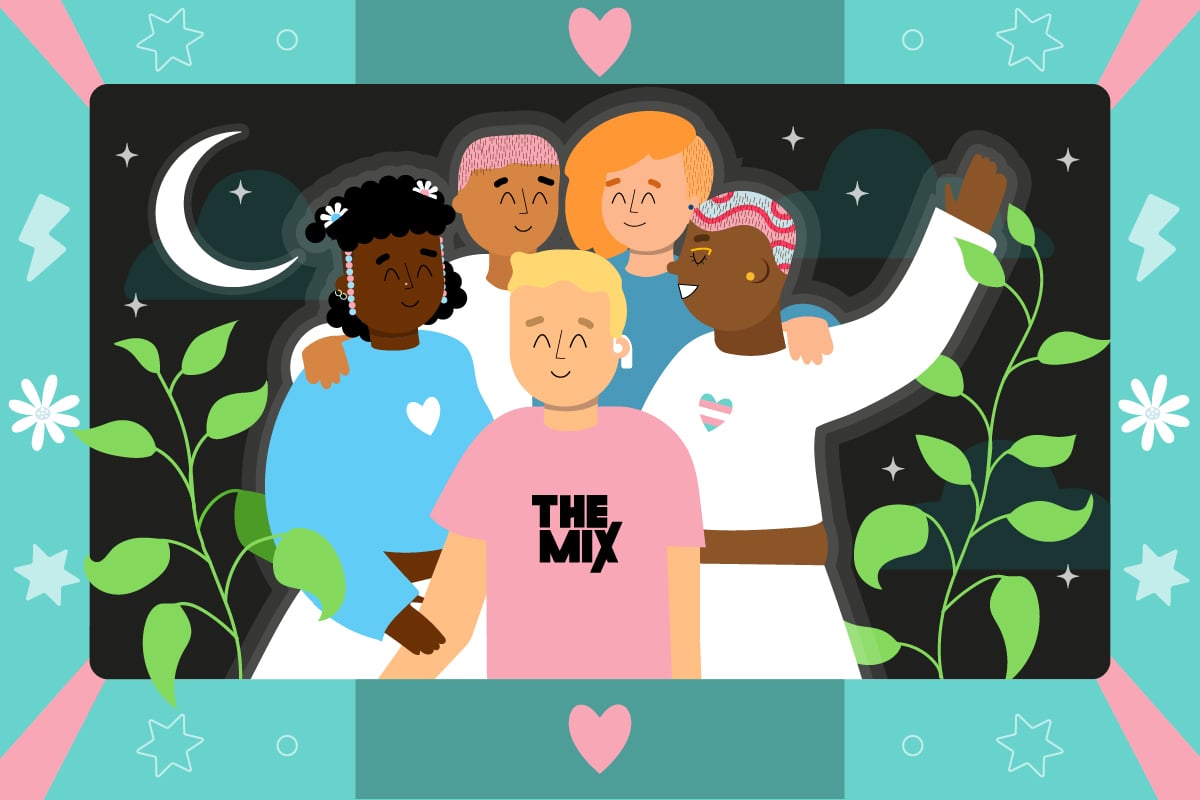How to be a trans ally

What does it mean to be a trans ally?
Being a trans ally, meaning someone who isn’t part of the trans community but works to support it, isn’t just about acceptance – it means standing up for the trans community, even when it’s difficult. To give some basic examples, this could mean fighting prejudice and combatting misinformation at work, in society or anywhere else trans people are mistreated. We’ll get into some more examples of how to be a trans ally in a moment.
Why is allyship so important to the trans community?
The trans community is under a lot of pressure right now. There’s a lot of negative coverage in the media and in government, which has led to an increase in hate and discrimination. Because trans people are a very small minority – about 0.5% of the population – it can be isolating. That’s why we need allies to stand with us now more than ever.
What practical things can people outside of the trans community do to support trans rights?
The simplest thing to do is look after people. Lots of trans people – particularly young people – are struggling with their mental health right now. Checking in with people at work or at school can help. You can also be an active bystander. This means safely intervening when you see transphobia – for instance, if you see someone being harassed on the street you can step in to ask if they need anything. If you want to do more you can get involved with local organisations. There are local charities and prides working with the trans community all across the country.
Check out our article on how to protect your mental health online.
Why are pronouns so important?
Using the right pronouns is considerate for everyone, regardless of identity. Unfortunately it has become increasingly common for anti-trans groups to intentionally use the wrong pronouns for trans people (‘misgendering’) as a sign of disrespect. Checking someone’s pronouns if you’re unsure and correcting yourself if you get it wrong is a small gesture, but it can make a big difference.
What language should you be aware of (to use/avoid) as a trans ally?
Different people use different language across the trans community, and it can feel hard to keep up with. Don’t worry – no one is expected to know everything, regardless of identity. If you’re not sure about how to address someone or how to talk about trans issues, the best thing to do is ask.
How can you respond as a trans ally when someone is being transphobic?
The most important thing is to be safe. For instance, if you see someone being harassed on the street you can walk with them, ask them how they are, or see if there’s anyone they’d like to call – but don’t start a fight with the harasser or escalate the conflict. If you see someone being harassed on social media you can check in with them privately, but don’t get drawn into an argument – this can lead to the transphobia being circulated more widely. If you see transphobia at school or work you can report it, but check with the victim first.
What would a truly inclusive world look like to trans people?
Honestly, trans people just want to get on with their lives. We want to be treated equally in healthcare, support services, education, and work. Even though things can feel bleak right now, it’s not unachievable – and it starts by looking after each other.
If you are trans and need support
You deserve care and support. Get in touch with the team at Gendered Intelligence, who have a wealth of experience in supporting young trans people and their families. You can find details about their support services here.
Read our support guide for young trans people.
Join a support group in your area. Trans Unite will show you where your nearest support group is. You’ll also get to meet some new people who have similar experiences to you.
Next Steps
- Chat about this subject on our Discussion Boards.
By Holly Turner
Updated on 31-Mar-2023
Sorry, comments closed
No featured article














